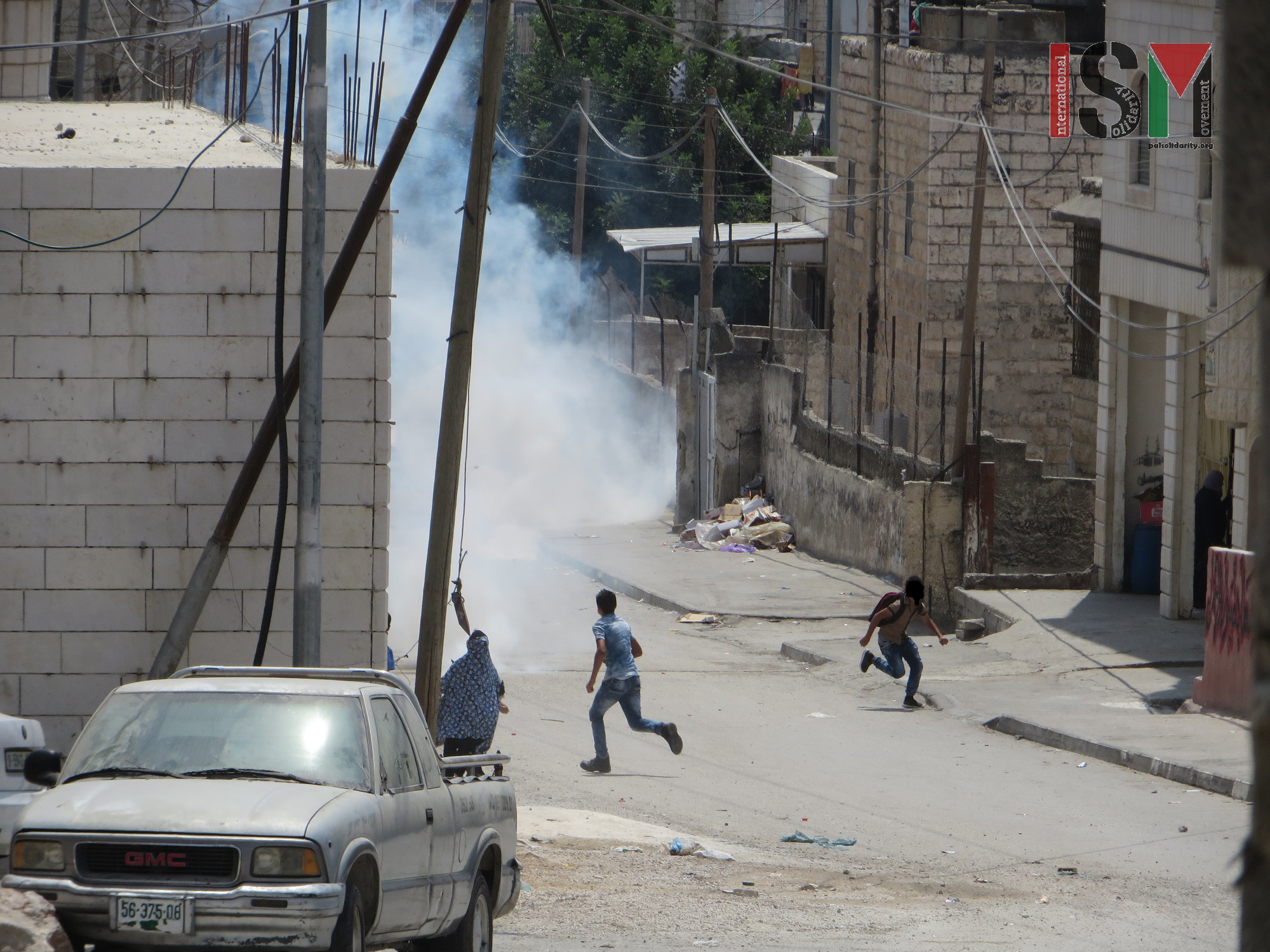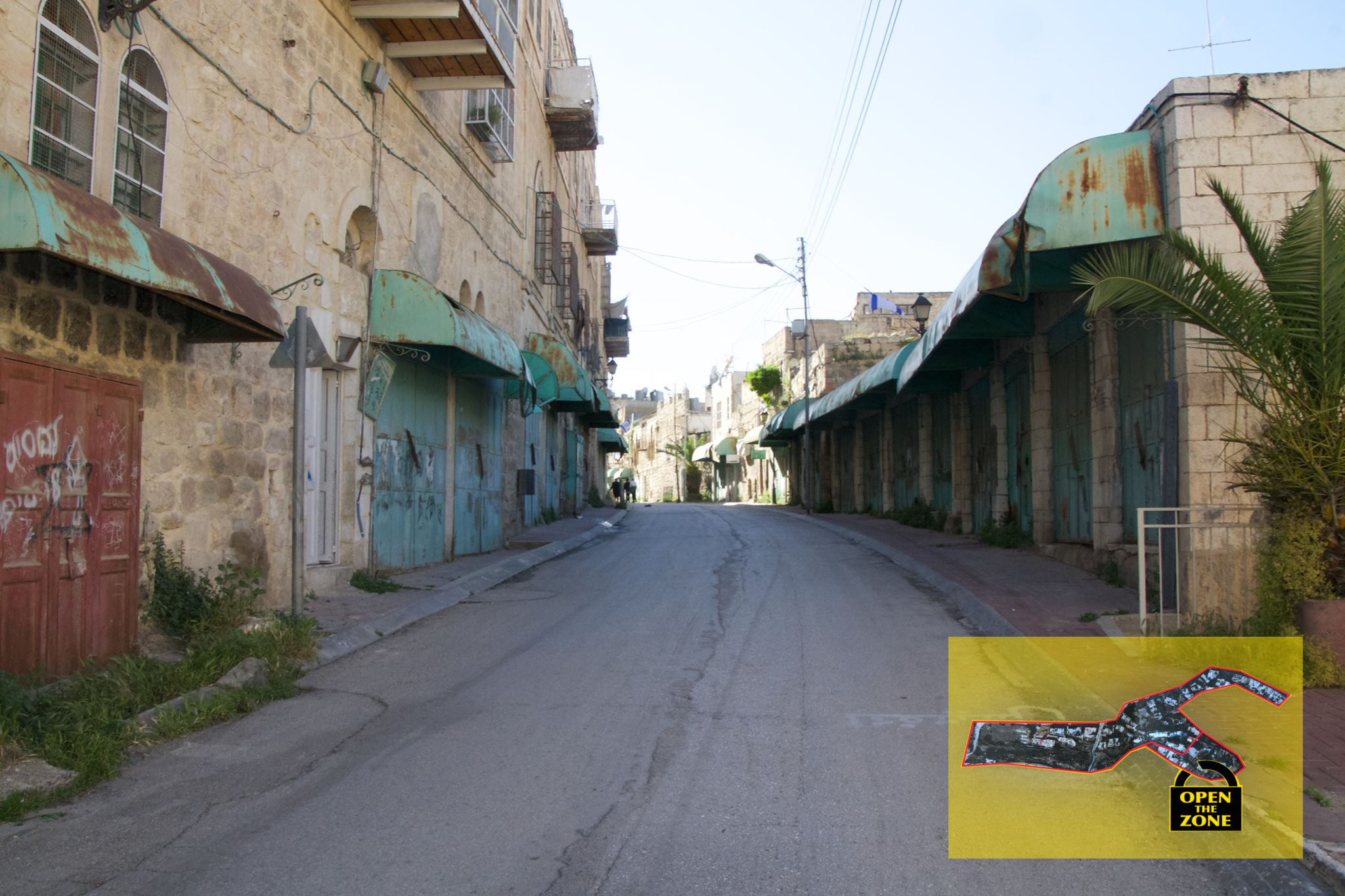Tag: Collective punishment
-
Reduced to a number – robbing Palestinians of their humanity
25th September 2016 | International Solidarity Movement, al-Khalil team | Hebron, occupied Palestine Palestinians in the closed military zone in occupied al-Khalil (Hebron) are reduced to a mere number. Imagine ‘loosing’ your identity to a foreign occupying army not only taking your land, but attempting to take your personality, your identity, your whole existence; reducing…
-
School-children tear-gassed on 2nd day of school
29th August 2016 | International Solidarity Movement, al-Khalil team | Hebron, occupied Palestine On 29th August 2016 Israeli forces at Salaymeh checkpoint in occupied al-Khalil (Hebron), fired rounds of tear gas as school-children attempted to make their way home through the highly militarised checkpoint. The Salaymeh checkpoint, for many school-children, is one of the unavoidable…
-
Collective punishment in al-Khalil through closed military zone upheld
30th July 2016 | International Solidarity Movement, al-Khalil team | Hebron, occupied Palestine The Tel Rumeida neighborhood and Shuhada Street, in occupied al-Khalil (Hebron) are still declared a ‘closed military zone’ by Israeli forces. This form of racist collective punishment deliberately targeting the Palestinian population, has now been implemented for almost 9 months. The area…


